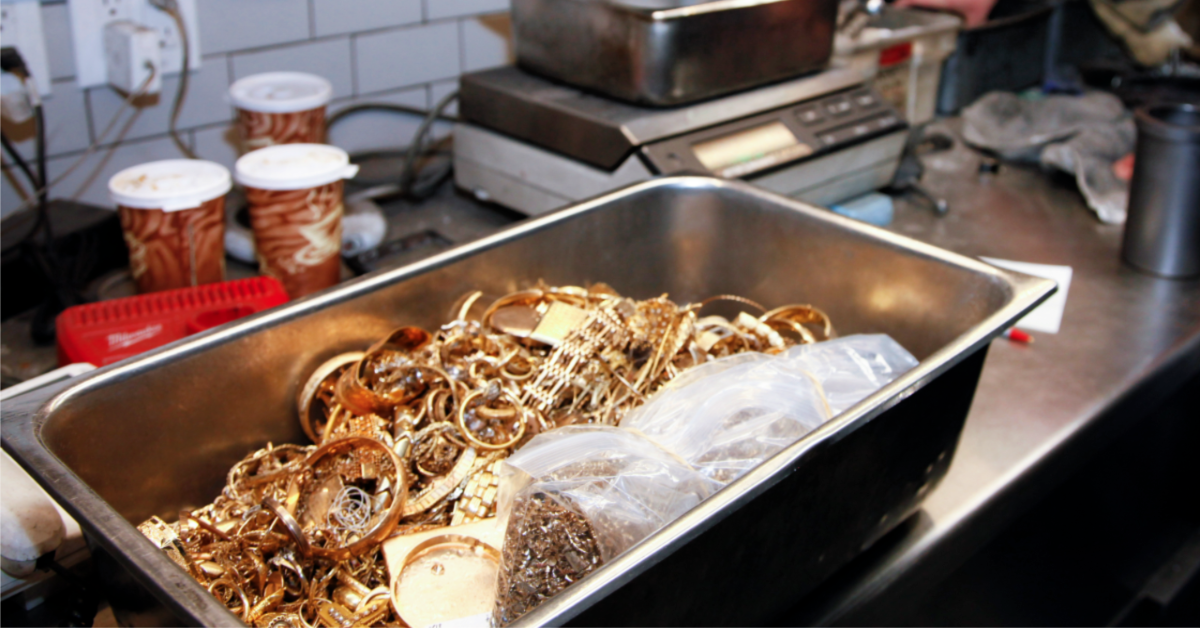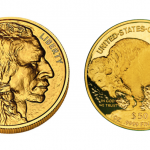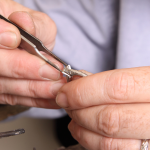How do pawnbrokers work? Most people have a vague idea: you bring in something of value and a pawnbroker offers you a loan in exchange. The pawnbroker then keeps your item until you repay the loan—with finance fees.
But before you consider paying off a debt with antiques recovered from your attic, it’s important to understand how pawnshop transactions work.
While the concept is simple, there are still plenty of misconceptions about the industry. Let’s demystify it.
How Pawnshop Transactions Work
Pawnbrokers are small businesses that accept items as collateral for short term loans for anyone who is unable to secure one through a bank or traditional lender. They are licensed on national, state and local levels.
Once specifics are agreed upon, a pawn ticket is issued with the terms of the loan, including fees, expiration date and the item’s description.
If the loan amount is repaid in full–including fees–before the deadline, the item is returned. If the loan is not repaid on time, however, the pawnshop keeps the items. Unlike traditional loans, there are no repercussions for an unpaid load—besides the loss of items. The loan doesn’t go into collection or impact credit reports.
According to the National Pawnbrokers Association, about 80 percent of all customers reclaim their items.
While pawn shops do sell items that have been forfeited by borrowers, loans offer much higher profitability because of the fees they generate. While interest rates vary state-to-state, pawnshops can charge up to an additional 20 percent a month for service fees.
How Pawnshops Evaluate Items
Before a pawn shop buys an item, they will first research what similar items are selling for on the second-hand marketplace. According to Pawn Nerd, they typically offer borrowers about 40 to 60 percent of the item’s current used resale value. That 60 to 40 percent markup will be the pawnbroker’s profit if the item is forfeited.
Pawnshop Loans: Pros and Cons
While the cost of taking out a pawnshop loan may seem steep, consider the pros:
- The loans are quick and immediate. You’ll usually get your money faster through a pawn shop than an online loan. If you need to come up with a couple hundred dollars fast, it’s a good option.
- Burrowers aren’t subject to credit checks. While you will need a government issued picture ID for your pawn transaction, no credit check is needed.
- There is no impact to the borrower’s credit rating. That means your pawnshop loan won’t affect traditional bank loans and interest rates.
- The interest is per borrowed period. A pawnbroker will generally let you redeem your item at any time–and only charge interest for the period you have borrowed the money.
The downside of pawning is the amount borrowed can’t exceed the percentage of the item’s value. If, for example, you have some jewelry worth $500, you might only be able to borrow $250.
What Do Pawnbrokers Do with Scrap Metal?
Pawnshops would much rather borrowers pay back their loans than forfeit items. After all, a forfeited item can’t be pawned again, and that repeat business is lost for good. And the profits generated by loans far outweigh the profits from selling items.
But that doesn’t mean it doesn’t happen. What do pawnbrokers do with accumulated scrap metal from unclaimed jewelry, for example? Most pawnshops just sell their scrap metal to refiners.
Manhattan Gold & Silver services industries that use gold, silver, platinum or palladium through the course of their own business, including pawnbrokers. After melting, processing and testing, the precious metal can be converted to into bars, casting grain or a quick payout.
According to the NPA, nearly 30 million Americans routinely rely on pawnshop loans. They are cheaper than payday or title loans and ideal for anyone who need cash fast without impacting their credit.












